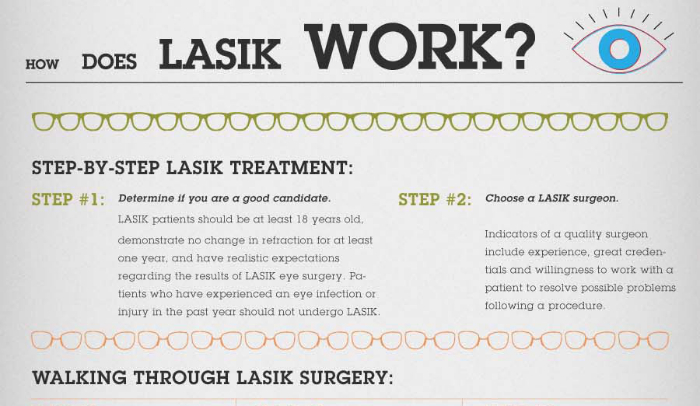The Ultimate FAQ On Refractive Lens Exchange: Whatever You Need To Know
The Ultimate FAQ On Refractive Lens Exchange: Whatever You Need To Know
Blog Article
Short Article Developed By-Nissen Huynh
If you're taking into consideration refractive lens exchange, you possibly have a lot of inquiries. This procedure could transform just how you see the world, supplying advantages like reduced reliance on glasses. Nonetheless, it's vital to recognize the process, dangers, and that qualifies as an excellent candidate. Let's discover these crucial elements so you can make an enlightened choice about whether RLE is right for you.
What Is Refractive Lens Exchange and Exactly How Does It Function?
Refractive lens exchange (RLE) is an operation developed to change your eye's natural lens with a man-made one, fixing vision problems like nearsightedness, farsightedness, or presbyopia.
Throughout the procedure, your specialist makes a small cut in the eye, removes your all-natural lens, and inserts an intraocular lens (IOL) customized to your vision needs. This outpatient surgical procedure commonly takes about 15 to thirty minutes per eye and is performed under local anesthesia.
You'll likely see enhancements in your vision virtually quickly, though full recovery may take a couple of weeks. LASIK Covered By Insurance is especially advantageous for those over 40 or with high prescriptions, using a lasting option compared to glasses or contact lenses.
Your eye care specialist can aid determine if RLE is right for you.
What Are the Conveniences and Threats of Refractive Lens Exchange?
Picking refractive lens exchange can result in considerable renovations in your vision, but it is very important to consider both the benefits and threats prior to making a decision.
On the bonus side, this procedure can enhance your eyesight by remedying concerns like presbyopia, nearsightedness, and hyperopia. Several patients appreciate lowered dependancy on glasses or get in touch with lenses, which can greatly improve their lifestyle.
Nonetheless, it's crucial to think about potential threats. Complications can include infection, glare, or halos around lights.
There's also an opportunity of overcorrection or undercorrection, which might require added treatments.
That Is a Suitable Prospect for Refractive Lens Exchange?
If you're considering refractive lens exchange, it is very important to understand whether you fit the account of a suitable candidate. Usually, you might be a good candidate if you more than 40, experience presbyopia, or have high degrees of nearsightedness or farsightedness.
It's also critical that your vision is secure, meaning your prescription hasn't altered substantially in the past year. If you have cataracts or various other eye problems, you might take advantage of this treatment also.
However, certain factors, like uncontrolled diabetes mellitus or autoimmune conditions, might disqualify you. To identify your candidacy, talk to an eye treatment professional who can assess your certain circumstance and suggest the most effective course of action tailored to your needs.
Conclusion
In conclusion, refractive lens exchange can be a transformative choice for improving your vision, especially if you more than 40 or have a high prescription. While Eye Exams For Cataracts Raleigh are considerable, it's crucial to evaluate the risks and seek advice from your eye treatment expert to identify if you're an excellent candidate. With the appropriate information and assistance, you can make an informed decision and potentially appreciate a life with lowered dependancy on glasses.
